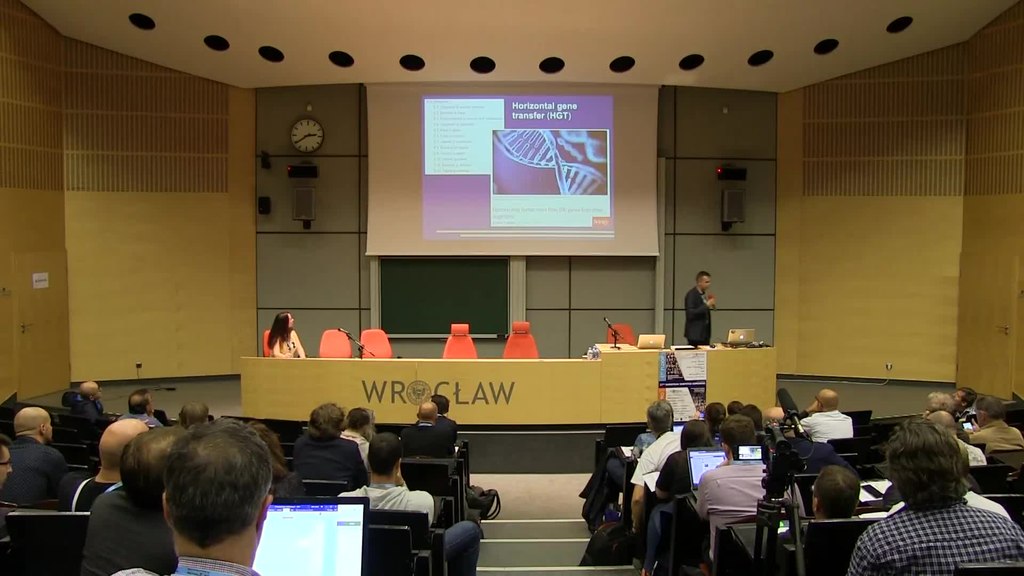Marcin Rotkiewicz ESC2017
Marcin Rotkiewicz European Skeptics Congress www.ecso.org
Marcin Rotkiewicz (born 1972) - journalist with more than 20 years experience of science journalism; working for Polityka, the most influential newsweekly in Poland; scientific interests: biotechnology, evolutionary psychology, human evolution, neuroscience, nuclear energy. Knight Science Journalism Fellow at Massachusetts Institute of Technology in 2008/09.
"Rational thinking vs. moral disgust: Why the discussion about GMOs is so hard and the scientific evidence is unable to convince the public" Genetically modified organisms (GMOs) - mostly genetically engineered plants - have met with huge public opposition over the past twenty years. Many people around the world (especially in Europe) believe that GMOs are very dangerous for the environment and for human health. This is in spite of overwhelming scientific evidence (thousands of studies, publications and reports) that GMOs are safe to eat, and that they bring environmental benefits by making agriculture more sustainable. Why is there such inconsistency between what the scientific community tells about GMOs, and what the public thinks?
In 80s and 90s of the XX century, American activist Jeremy Rifkin launched a very aggressive campaign against GMOs. He persuaded Greenpeace to join his war. And then together with other environmental organizations and sellers of organic products they started one of the most successful propaganda campaigns ever. This campaign uses intuitively appealing negative representations of GMOs. For example Greenpeace used “Fish-tomato” graphics showing a tomato with fins, or, with fish-eyes staring at people from a plate. By tapping into intuitions and emotions, such representations become easy to accept. They capture people attention, they are easily processed and remembered and thus stand a greater chance of being transmitted and becoming popular. Even if they are false. That is why it is so hard to fight the fear of GMOs with rational arguments and scientific evidenceWięcej informacji o licencji można znaleźć tutaj. Ostatnia aktualizacja: Mon, 26 Sep 2022 03:09:11 GMT
